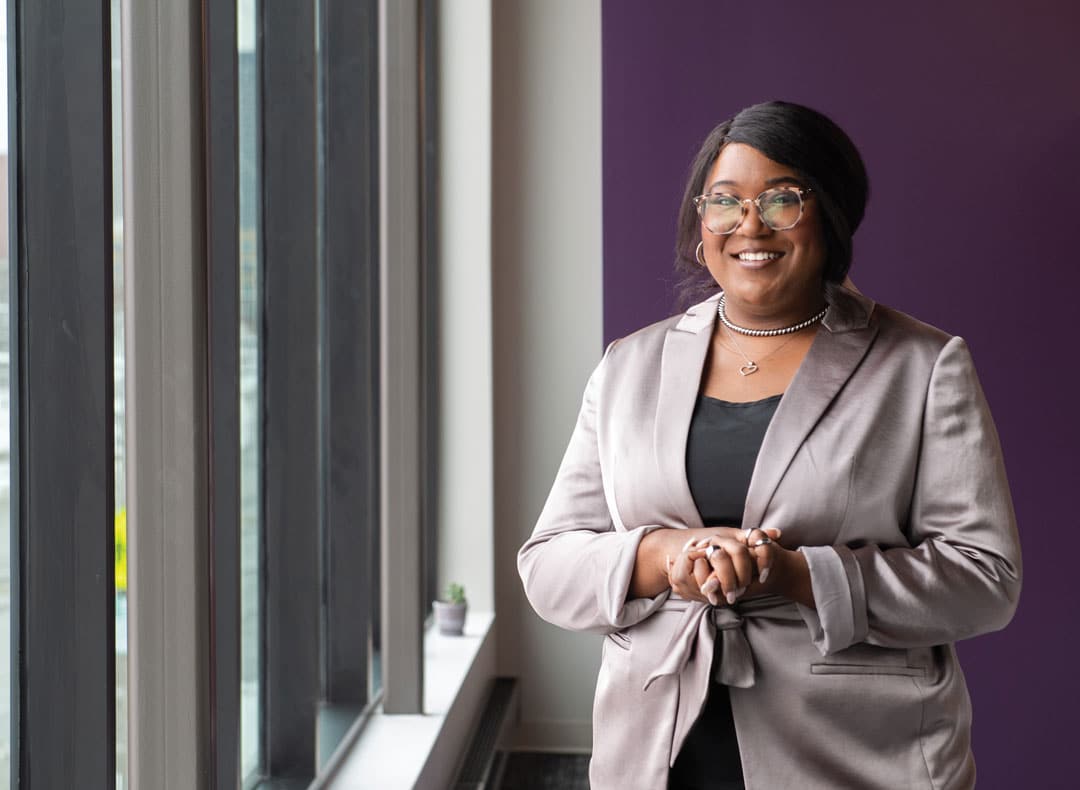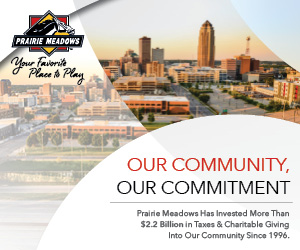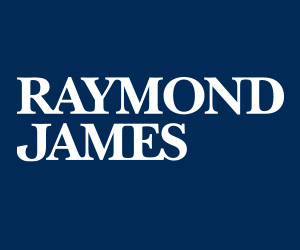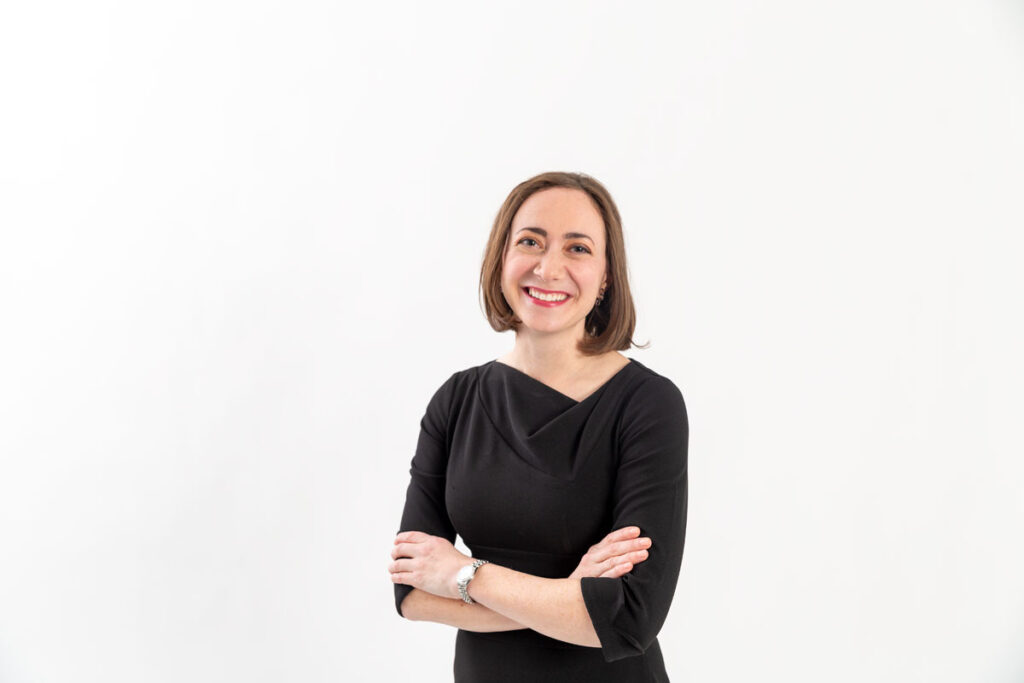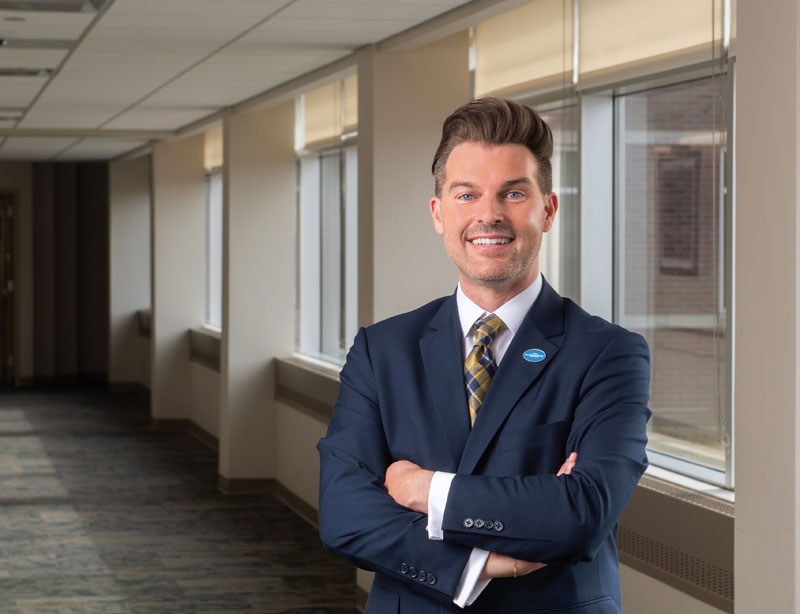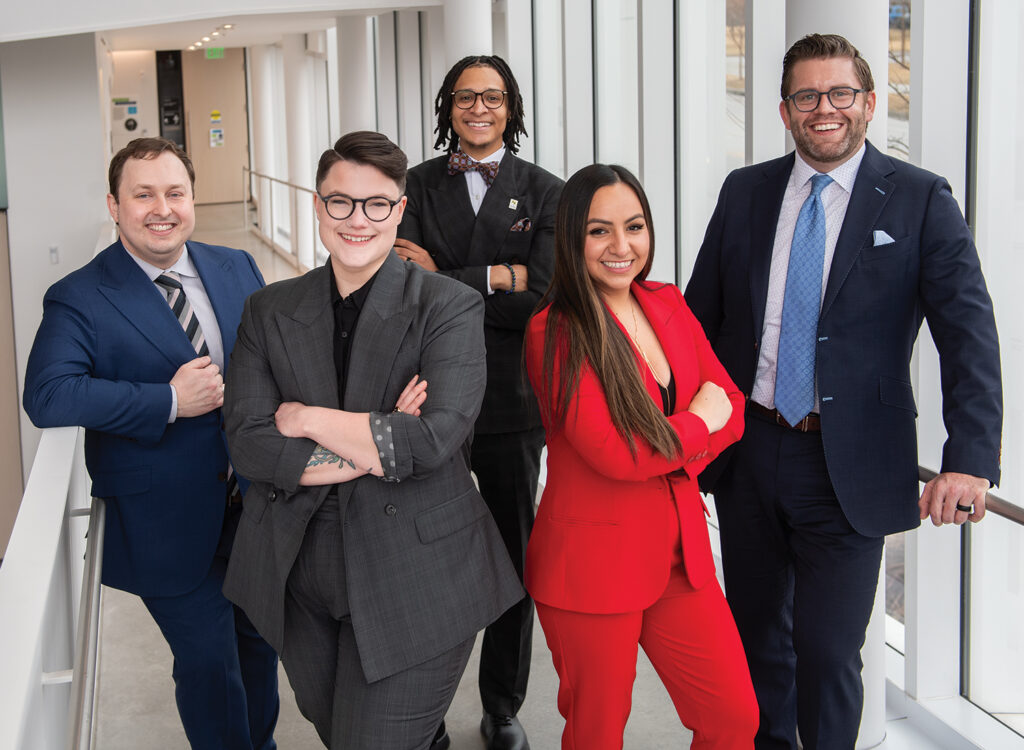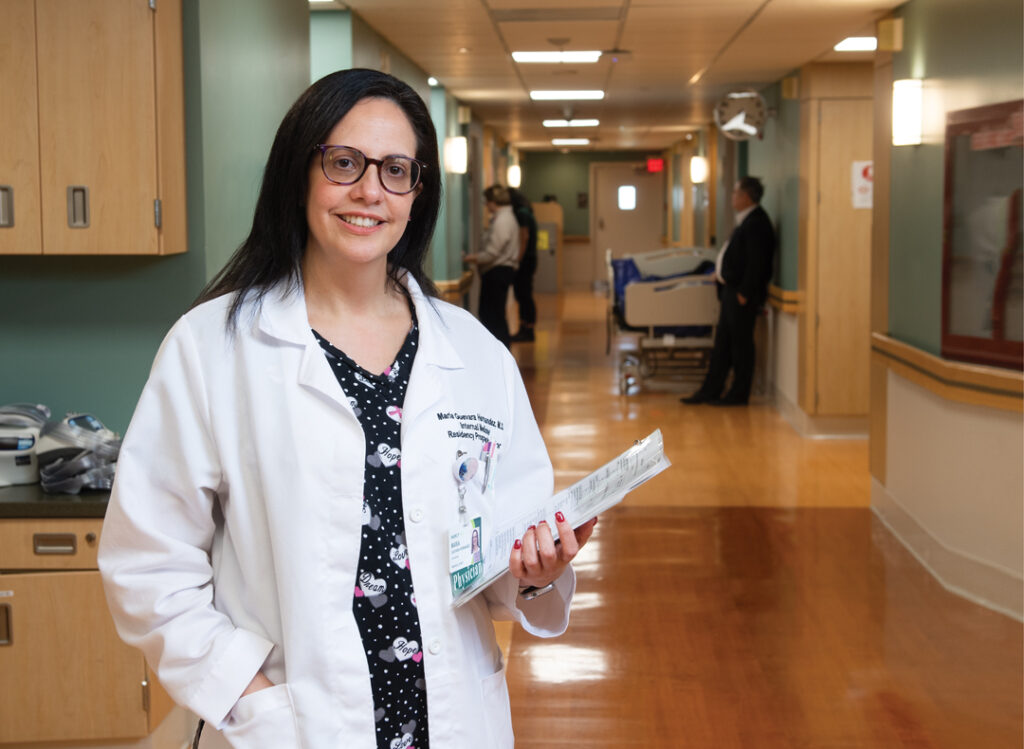Addressing racial disparities
Directors Council’s first executive director shares goals
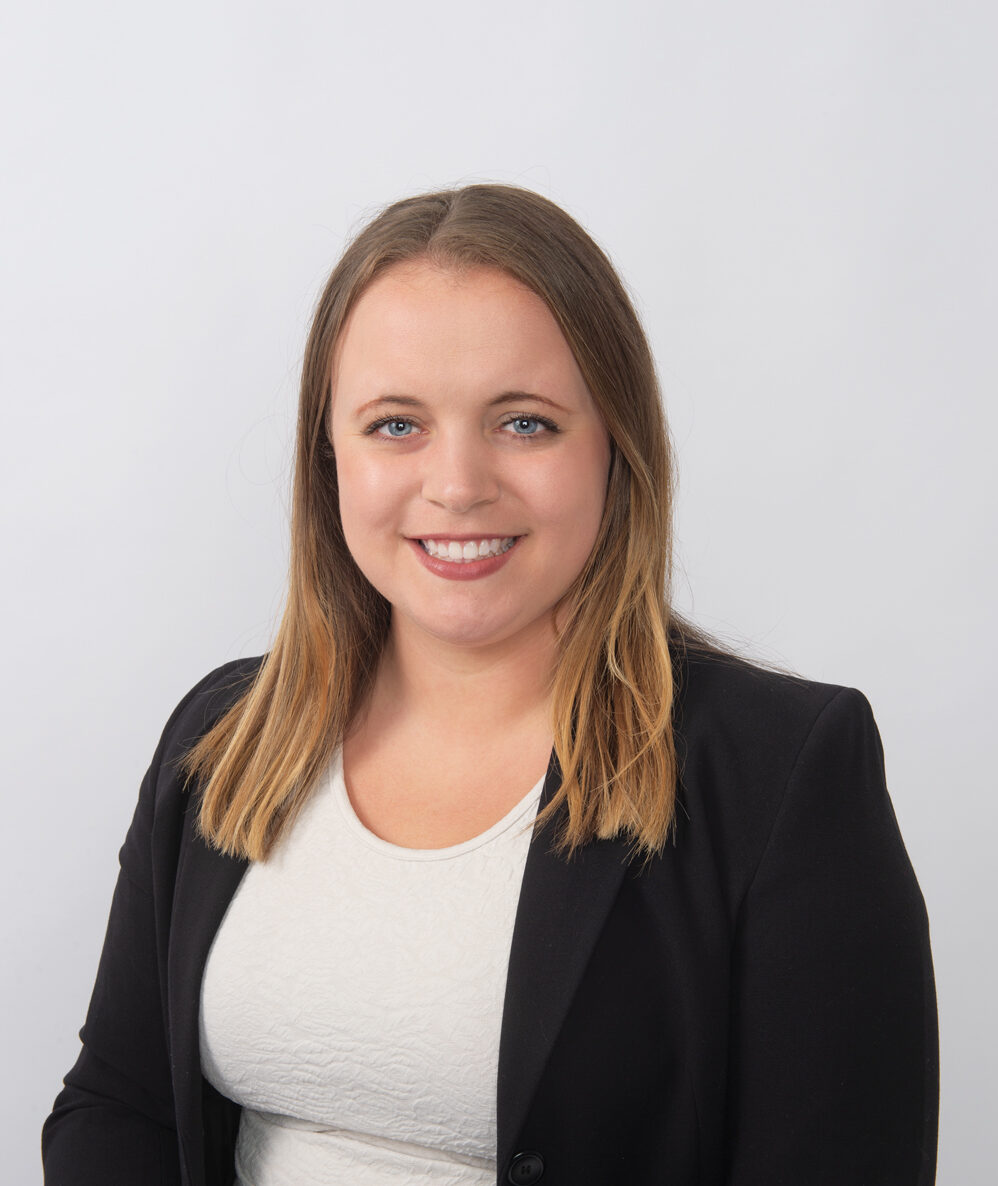
Emily Barske Wood Feb 23, 2024 | 6:00 am
12 min read time
2,758 wordsA Closer Look, Business Record Insider, Diversity, Equity and InclusionData in the 2020 One Economy report tells a story about the disparities Black residents in Polk County face. For example, in 2019, Des Moines was named the 10th-best city for business and careers; however, there were only 36 Black-owned small businesses in Polk County that were registered with the Iowa Economic Development Authority at the time.
Since the organization formed in 2004, the Directors Council has advocated for addressing barriers that lead to such disparities. Among its initiatives, the organization hosts the African American Leadership Academy and the One Economy reports. Until July of last year, the organization was entirely led by volunteers, all of whom were equally successful and busy Black CEOs and executive directors. In the summer, the organization brought on Jerrica Marshall to serve as its first executive director to continue the work on a day-to-day basis.
We recently caught up with Marshall to learn more about her and the goals she has for the Directors Council.
The following Q&A has been edited and condensed for clarity.
Tell me about your relationship with the Directors Council before you were named executive director.
I actually was an African American Leadership Academy graduate. I was on the committee for the Black Urban Professionals, the networking group. I was kind of intertwined in quite a few of their different initiatives in different ways.
When you came on as the executive director after the nonprofit had previously been run solely by volunteers, what changed with the organization?
This year is the 20th anniversary for the Directors Council, so we’re excited about what this year will bring. But it’s totally different. We were completely board-run before in a volunteer capacity. Everybody on my board is an executive director or CEO of another organization, which, of course, requires their focus. Now there’s someone dedicated to this work day to day, pushing the needle forward and making sure that this work is able to continue at a pace that everybody loves. It’s time for us to come up with a new version of the One Economy report. So we’re really laser-focused on that and making sure that we have updates to that this year.
How would you summarize what the Directors Council does and why the business community should care?
The Directors Council is focused on making sure that the same experience that the majority are receiving in Des Moines, that Black Polk County will receive the same. We’re focused on health, housing, education, employment and financial inclusivity. We want to make sure that there’s not a gap. Our role is to make sure that we find some real solutions so everybody can enjoy Des Moines the same way.
Since joining the organization, what have been some of your biggest goals and areas of focus?
It’s the One Economy Report at this point. The city of Des Moines has been great at adapting this report. It’s utilized everywhere. We want other nonprofits and organizations to use this report so that they can continue to do the hands-on work. We know that we’re not direct-service driven. We’re working on systemic issues, and that’s where our new goal and our new direction is going. But this allows us to still support the other nonprofit organizations that are doing the direct service work that we need here.
The last time the One Economy report, which was the Blueprint for Action, came out was in 2020. Now we’re ready for the new version in 2024 so we can really see where we’ve made progress. Especially during the pandemic, some things have slipped, and we need to make sure that we’re putting focus on those items.
There are definitely some other pieces that we’re continuing to work on. Next year we’re hoping to have a new version of our report on future leaders for public service. It shows where there are upcoming needs in elections so we can get people of color involved in public service.
What does creating the new One Economy report entail?
It’s a big undertaking. We have to have a data research partner in this work. That’s the biggest thing. We’re in the process right now of solidifying who our data research partner will be, because we want it to be more evergreen. We want to support some of the other disparity reports that are out there so that they’re modeling some of the work that we want to do. We want our website to be evergreen and to show that data regularly so people could go and check on it whenever they need to.
You mentioned that some areas of focus might have slipped with the pandemic specifically. What are some of those?
It’s hard to say. I think the data will really speak for itself and then it will narrate the picture for me. But what I can say is that we weren’t able to do direct service the way that people would like to and a lot of times there’s a trust factor missing. When we’re talking about financial services, there was a lack of trust, according to what we were seeing in the data, and years of history with that. Having so much being done remotely meant not being able to be hands-on with the community. That affects not being able to have schools open; that’s going to adjust how we see data before. We know that there are going to naturally be some setbacks because of the pandemic. But the question is, how do we bounce back?
Tell me a little bit about the interaction with direct service providers.
It’s the convening of folks. I think for us, it’s just me being out in the community and meeting with the leaders from other organizations because I’m only as useful as the things that I know about. I need to be meeting with all these different organizations so I know what their services are. Because of the One Economy report, other organizations reach out to us and say, “Hey, who can I reach out to for this? Or is it something that the Directors Council can do?” Maybe it’s not where we’re going as an organization, but I know where I can send you, I know who has the resource. Our goal is not to double-dip in what other people are doing, it’s to make sure that we’re helping and being a real resource for our community.
What were some of the things that specifically drew you to the role?
It was the opportunity to continue to do work that impacts my community day to day. In other roles, I found ways to make sure that I was still working with my community. When I worked at Wells Fargo, I was a part of their affinity groups, and on the philanthropic side, making sure that we were providing funds and resources to the community. At the Greater Des Moines Partnership I started off working on their events team and was an assistant with the Farmers’ Market. I looked at the Farmers’ Market and said this doesn’t match the community as a whole. The vendors that we’re seeing here aren’t mirroring our community. We partnered with organizations like LadyLike and started its incubator program to offer more vendor booths for small, Black-women-owned businesses to be at the market. I always found ways to try to work with and for my community.
Are you still involved with the African American Leadership Academy?
I still sit in all the sessions because I think as a leader, you can never have too much education or time to pour into your leadership skills, and that’s what they’re learning in the classes. It’s never a bad time to brush up. I meet with the cohort once a month. Lead DSM is also located in the C3 Center, so we collaborate in that space, too.
What do you want the business community to know about the issues that you focus on and how they can help?
I know that the One Economy reports came out in 2020 and 2017 and we’ve seen some progress, but there’s still work to be done. We need more people to get behind this work and to help us push it forward. It is not an easy endeavor to get this report out, so we need the support of our community to be able to do that. We want to make sure that as we’re making these changes, and as we’re getting this 2024 One Economy report out, that we’re having community conversations. I don’t want our health professionals and our high-level educators to be who tells the story of what the community needs. We need the community to tell us what they need as well. We need those real stories.
We want the business community to know: We still need you. We need your help. We need you to show up to these community conversations so we can make sure that when the report comes out, it is a true reflection of what the community is asking for. Once we establish this full report, then we need to go to our public services and say, “This is what we need. These are the changes that we need to see, or this is the bill that’s on the table and we need you to understand how this affects the community.” This is where we also need the business community to step up and show up for this work and say, “We also see that the changes need to be made and we’re going to help you move this work forward.”
What do you think the Des Moines community can do to empower more of the Black community to become the next leaders of our companies?
I think that we do need to see more Black and brown leaders in the Des Moines community. It’s just a fact – we can see the data points and we can see that the need is there. But once the leaders are here, we have to make them feel like we want them to be a part of the community. This is where everybody can come in. We have to make them feel like Des Moines is where their new home is. We need to make sure that they feel welcomed, and that we can root them here so that way we keep those leaders. It kind of seems like what’s happening is they come in and then we lose them one way or another.
The secondary piece is that we need to have more than a couple people in the room. Oftentimes we find the same people in the room and we’re not getting new opinions and new feelings and new thoughts. We have to encourage new thought leaders and embrace them. That’s what I would like to see, not just diversity in that sense, but getting new thinkers in the room. I think that level of diversity is needed, too.
What does it look like for people to come to the community and feel welcomed to you?
I can use an example we just did this year. Dr. Ian Roberts, our new Des Moines Public Schools superintendent, we were so excited to have him here. Ms. Teree Caldwell-Johnson is board chair for the Directors Council, but she’s also a member of the school board. She told us about it and let us know that he would be coming. We were so excited about what that meant for our students. Not just our Black and brown students, but especially those students, to have that example in the schools to show every day what that could look like for them as a leader. To have that example is so important for our children, especially our Black boys. When we saw that he was coming in, we said, “We need to make sure he has roots here.” We had a joint venture with the Des Moines NAACP and we had a welcome reception for him. We invited the school board, we invited members of the school district, also our community leaders, our NAACP president, our nonprofit organization leaders, the ones that especially deal with our youths. So that way when he comes in, he comes in with an arsenal of resources. He knows who to reach out to if he needs something.
It’s not about us, it’s about the kids and making sure that they’re getting the leaders that they want to do that to help them excel the best way that they can. That’s what welcoming looks like: helping them find the resources, helping them find the people that can root them in our community. Helping them believe in Des Moines and know that they’re not in this fight on their own. They have backing from the moment they step into this place.
If you had to narrow it down to one thing, what’s one wish that you have for the community?
So often we hear about the stats of Des Moines, “the No. 1 city for this.” We have a section of the One Economy report that’s called “the tale of two cities” that shows the disparities. I want the city accolades that we have to be true for all. That’s my wish, is that everybody has the same experience in the city. I love Des Moines. I’m not from here. I’m from Rockford, Ill., originally, then I was in Waterloo for most of my adulthood, and then moved to Des Moines about eight years ago, but it has become home for me. I love it here. I have my favorite places to go. I have recommendations for days. I try to tell everybody about the wonderful love of Des Moines. But that’s not everybody’s experience, and so that’s my wish is that everybody has that same experience.
How would you describe your leadership style?
My leadership style is community-based. I like to network and connect with others. I think that has propelled me throughout my career. A lot of my ability to be successful in professional spaces is because of who you know; and it’s not in the sense of who you know that can take you places, but who you know that’s doing the work, who you know can show up and get things done, who you know that is successful. It’s so funny because I’m a little bit shy, but when it comes to things that I’m passionate about, sometimes people will be surprised by how much I know or what I can connect, even though I may be the quietest one in the room.
What is something that not a lot of people know about you?
Probably that I’m the shyest. I’m a little bit of an introvert. Sometimes I may be the quietest person in the room, but it’s because I’m thinking about something. I’m trying to put some dots together and I’m mapping out a plan B.
What do you enjoy doing outside of work?
If it’s not work, then it’s something else that still works with my community. Right now, the passion project outside of work is with LadyLike (a group that connects Black and African women in the Greater Des Moines area). I’m on their board, which is how we initially were able to move forward with some of that stuff for the Farmers’ Market. We have the annual summit every year where we’re able to bring together Black women to just be replenished and refilled in their community. We are highlighting small, Black-women-owned businesses throughout that day. We bring in speakers to talk about different topics. A lot of what I’m doing is the background and the production part for the LadyLike conference.
I am also incredibly addicted to reality TV. I’m a DIY crafter. Me and my Cricut are best friends. So if you ever get a gift from me, I’m sure I made it. I do charcuterie board classes with my friends. I teach them classes.
What’s a recent DIY project that you did?
My girlfriend just got married. I made these welcome sign boxes with flowers. I’m also kind of addicted to my Cricut. So if I see something new, I’m going to try to make it.
At a glance
Age: 34
Hometown: Grew up in Rockford, Ill.; started adult years in Waterloo
Family: Grandparents, aunts and uncles in Waterloo; parents in Rockford; little brother in Des Moines
Education: Bachelor’s degree from Upper Iowa University
Activities: Board member for LadyLike DSM, avid reality TV watcher, DIY crafter
Contact: jmarshall@tdcdsm.org

Emily Barske Wood
Emily Wood is special projects editor at Business Record. She covers nonprofits and philanthropy, HR and leadership, and diversity, equity and inclusion.
